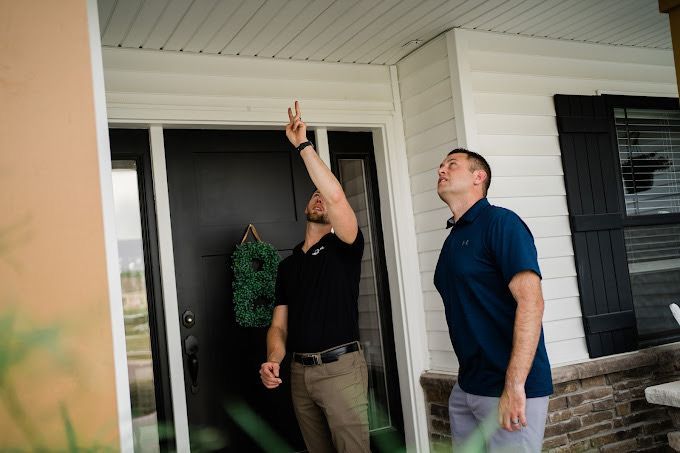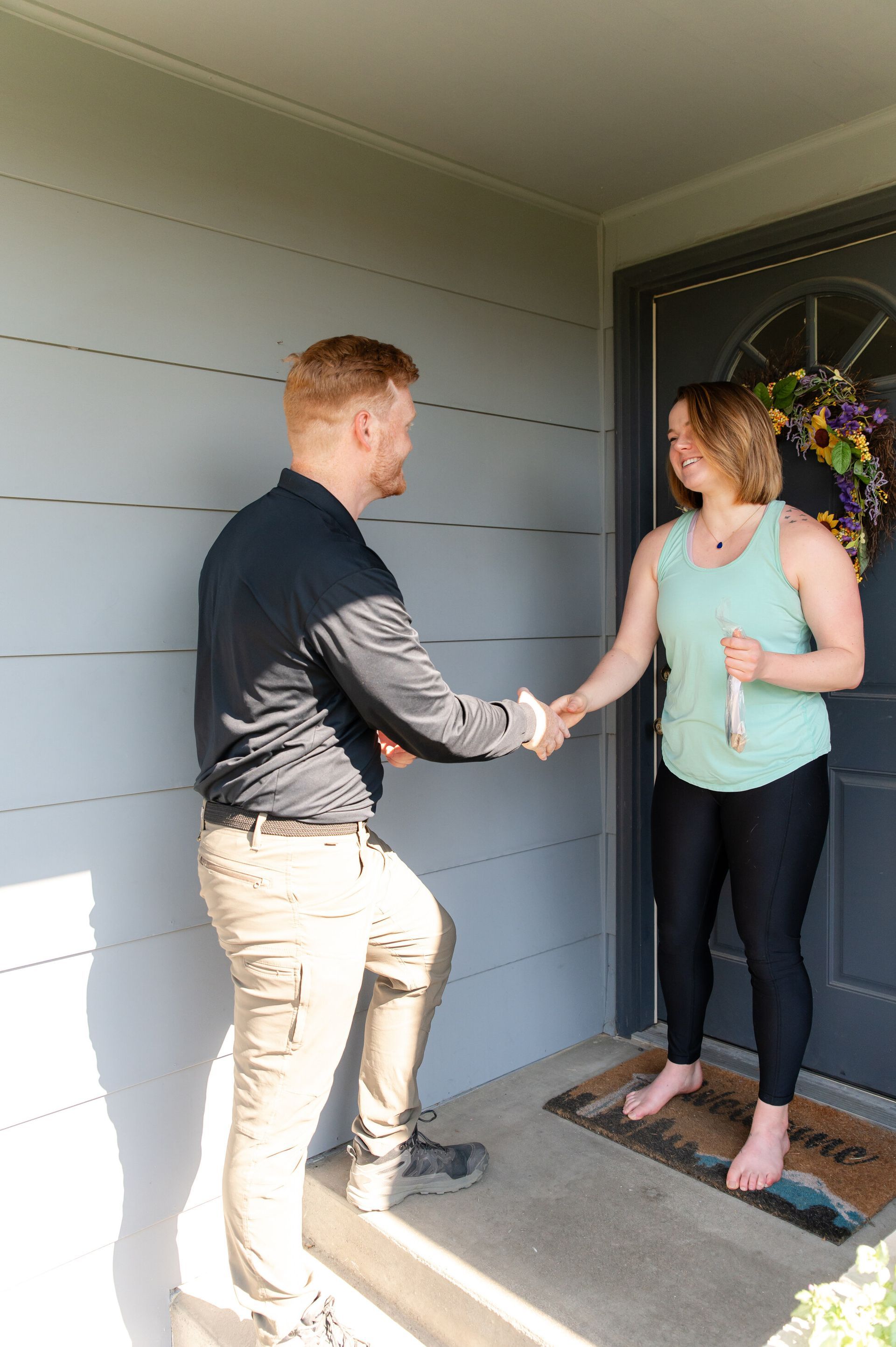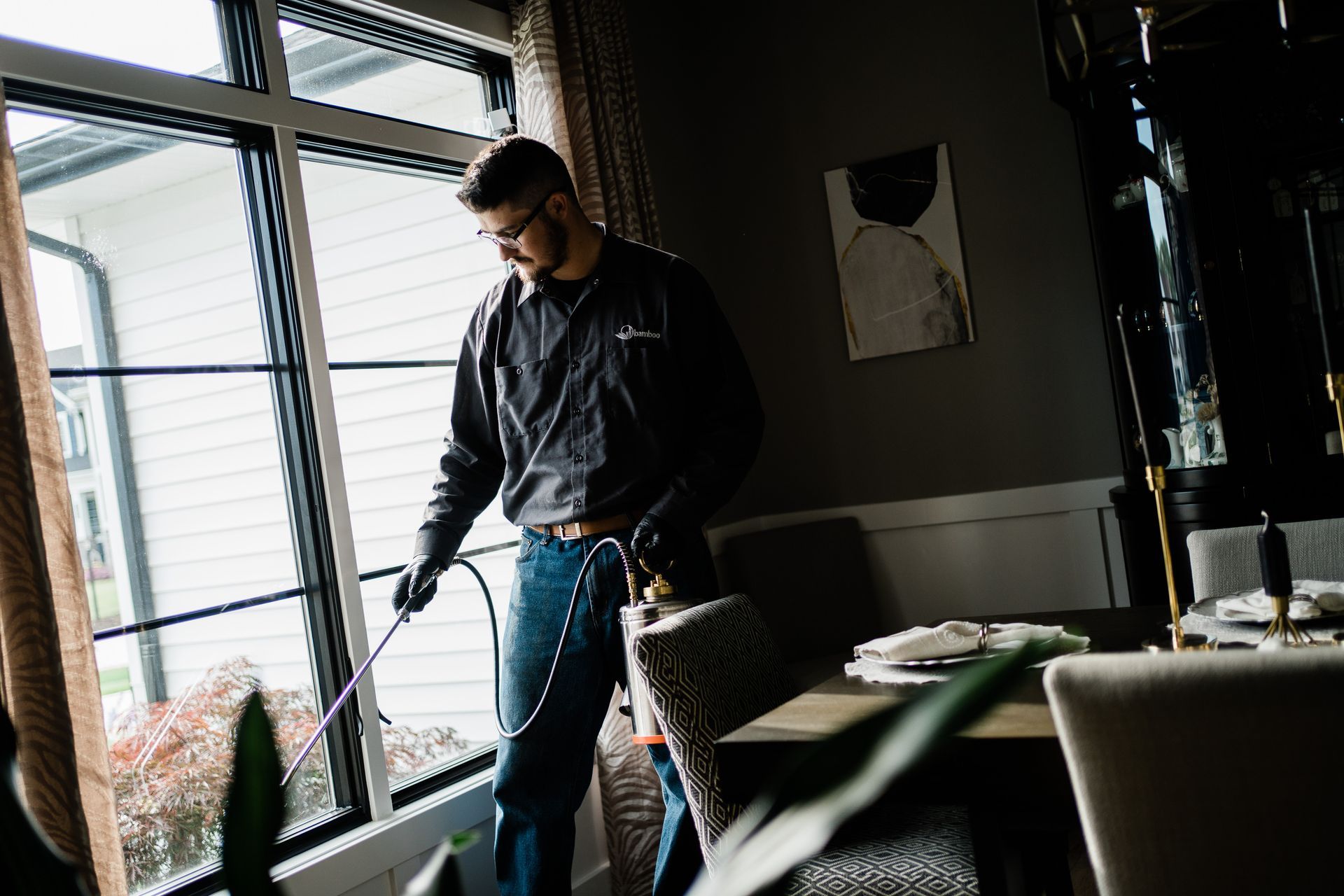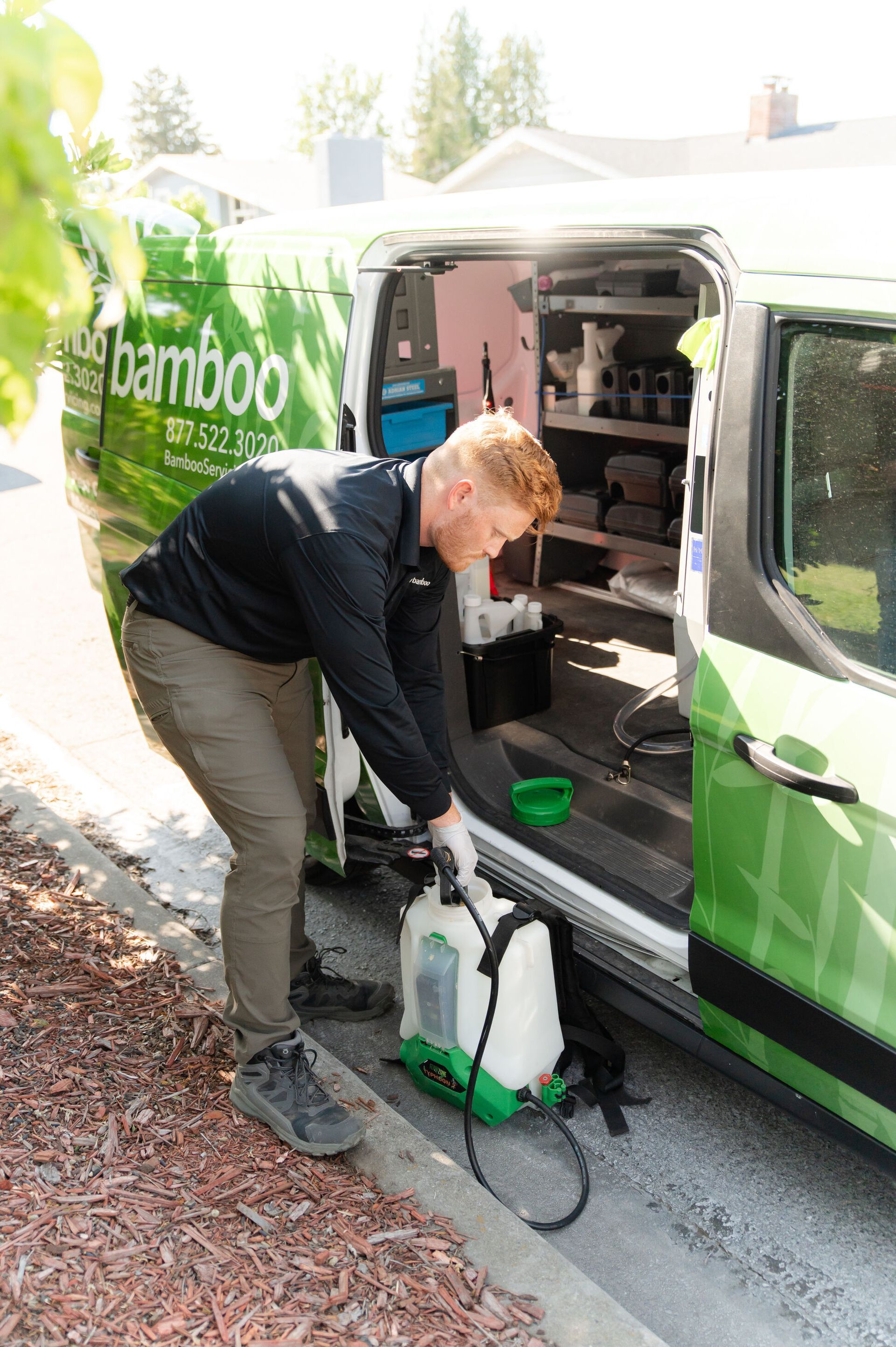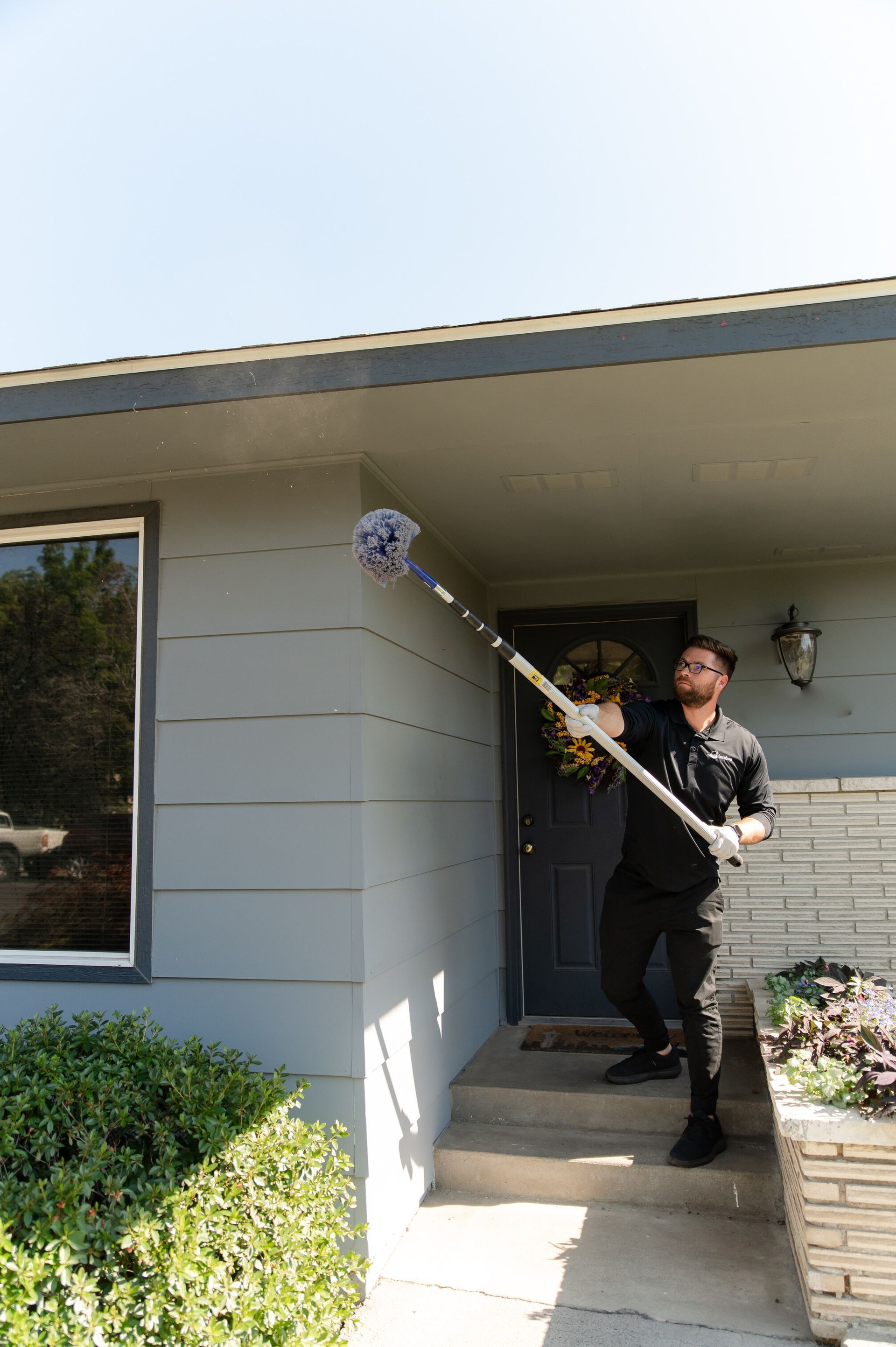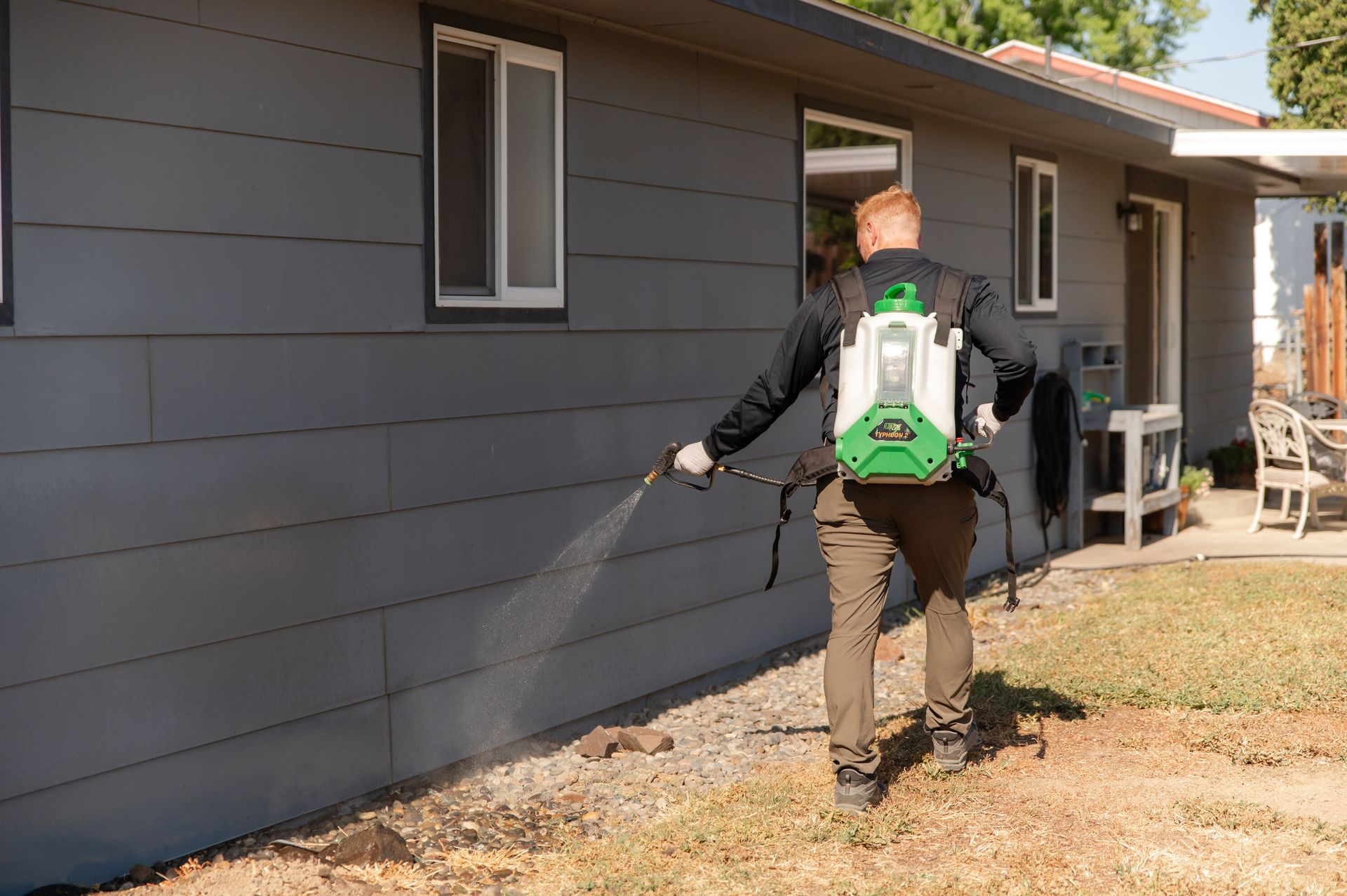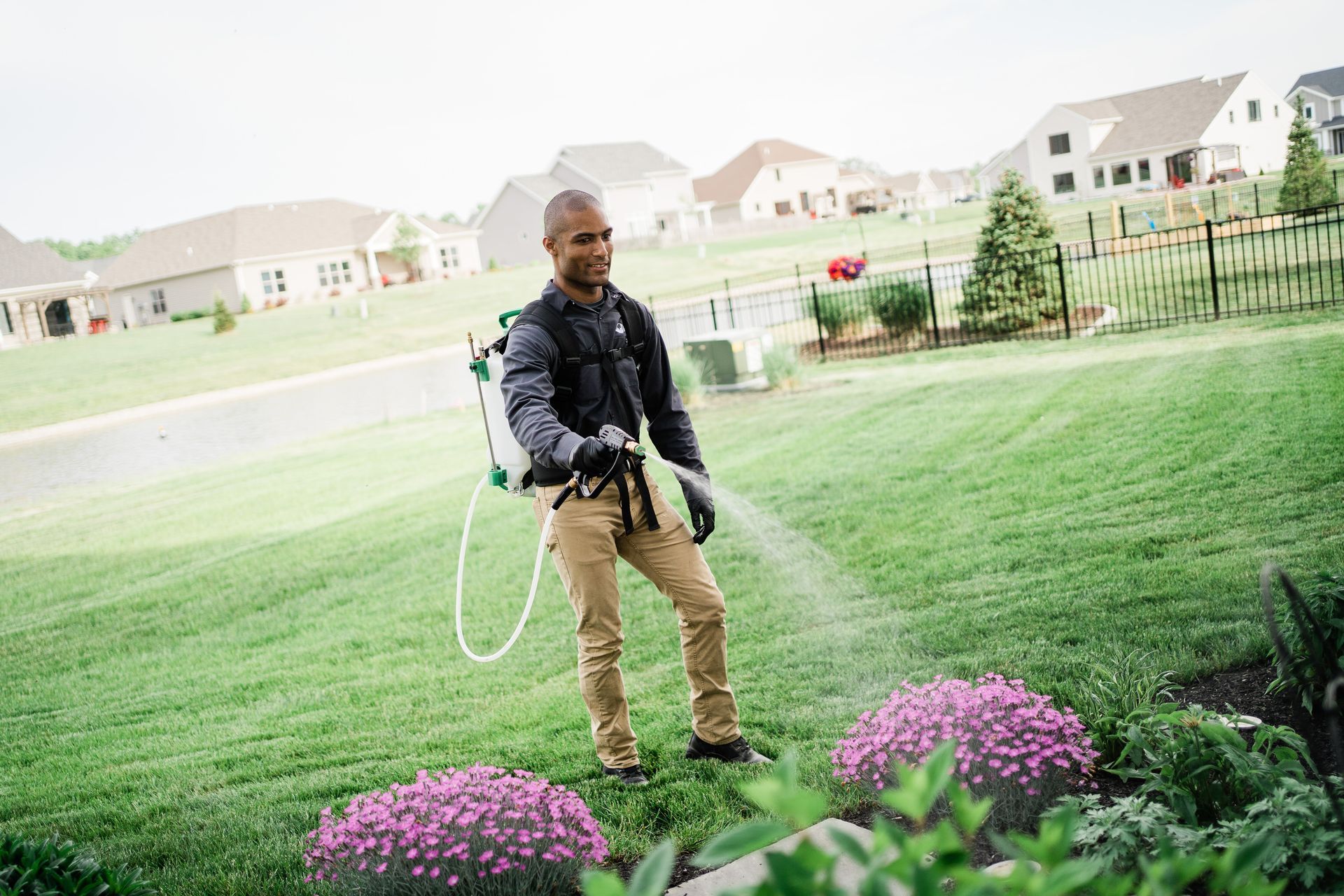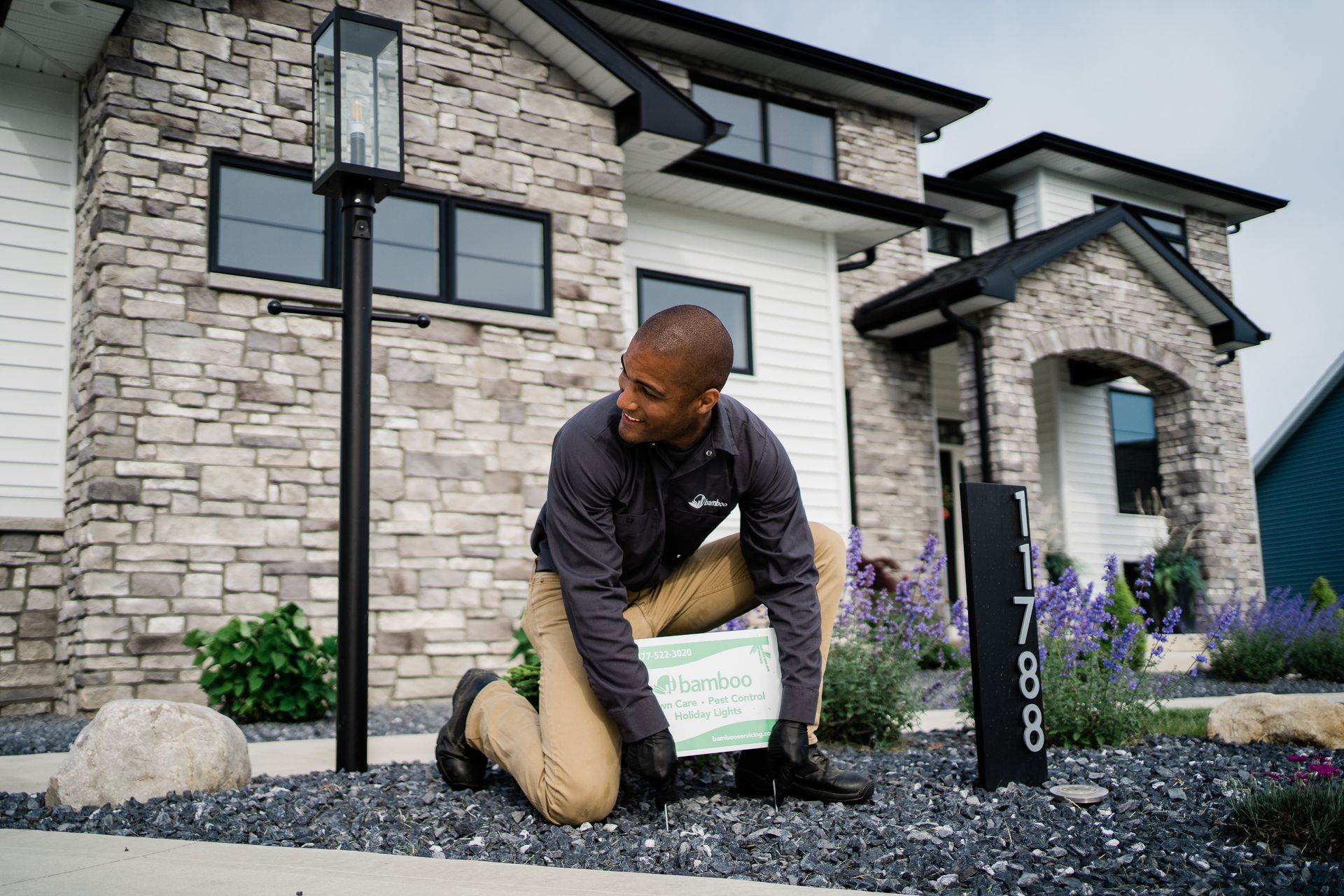How Long Does It Take for Pest Control Spray to Dry?
Pest Control Spray Dry Time
Pest control treatments play a crucial role in maintaining a safe, pest-free home, but knowing how long it takes for the spray to dry—and when it’s safe to go back inside—is equally important. In this guide, we’ll cover what to expect during and after pest control treatment, and offer some useful tips for maximizing its effectiveness without compromising safety.
How Long Should You Wait for Pest Control Spray to Dry?
The time it takes for pest control spray to dry varies depending on the type of treatment and the specific areas being treated. Most modern pest control sprays dry within about 25 to 30 minutes, thanks to advancements in pesticide formulations. However, as a general rule, waiting at least two hours before re-entering treated areas is recommended. This allows ample time for the spray to dry completely and for any airborne particles to settle. Opening windows and turning on fans can further aid ventilation, letting fresh air circulate and helping to remove any lingering odors.
For more intensive treatments like fumigation or heat treatments, a much longer wait time is necessary. In these cases, the pest control provider will advise you on the safest re-entry time based on the specific products and methods used.
Is It Safe to Stay Indoors During Treatment?
While some pest control treatments today use eco-friendly products that are safe for occupants to remain indoors, it’s still best to exit the house during the treatment process. Even with newer, less harmful pesticides, reducing direct exposure is ideal for the health and safety of family members, including pets. During the treatment, technicians often apply the spray as a fine mist that targets specific surfaces and entry points where pests may lurk. Staying outside not only keeps you away from the chemicals but also allows the treatment to settle and dry more effectively.
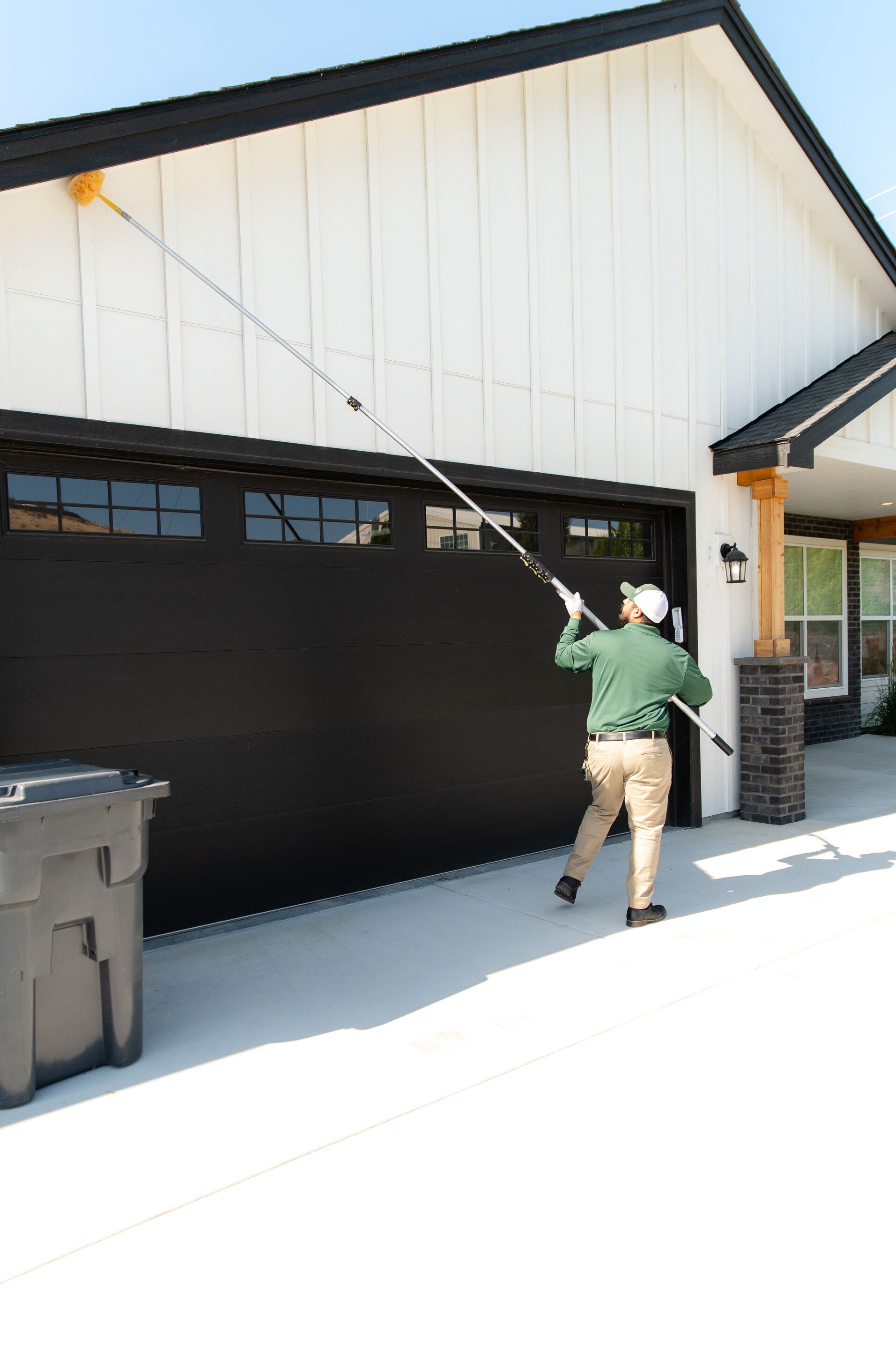
Steps to Take After Returning Indoors
Once you’re back inside after a pest control treatment, taking a few additional precautions can help maintain the treatment’s impact and ensure your home remains safe and comfortable.
1. Limit Mopping and Wet Cleaning
Although you can sweep and vacuum as needed, avoid mopping or using water to clean treated areas, especially close to the walls, skirting boards, and other perimeter zones, for at least six to eight weeks. Mopping too soon can dilute or wash away the pesticide barrier, which may reduce the effectiveness of the treatment. For best results, wait several weeks before conducting any wet cleaning in treated areas.
2. Expect Temporary Pest Activity
After a pest control treatment, you might notice an increase in pest activity. As the spray disrupts pests in their hiding places, it’s common for them to come out before ultimately being affected by the treatment. This can be unsettling, but it’s actually a sign that the treatment is working. Within a week or two, you should see a noticeable decline in pest activity as they come into contact with the treated surfaces and are gradually eliminated.
3. Protect Children and Pets
Once the spray has dried, the treated areas are generally safe for children and pets. However, it’s still a good idea to take precautions with young children and pets, especially in sensitive spots like play areas or pet beds. If possible, avoid letting them play or lie down near treated areas for a few days to ensure their safety.
4. Dispose of Contaminated Items
If any consumables (like open food items, pet food, or toiletries) were left out during the treatment, it’s best to dispose of them to avoid accidental ingestion. Wipe down surfaces where food is prepared to ensure safety, as some pesticides can linger on surfaces.
5. Keep the Property Clean
Maintaining a clean environment is one of the best ways to keep pests from returning. Clearing away clutter, sealing food properly, and regularly taking out the trash can reduce potential nesting spots and food sources for pests. If you see dead bugs after the treatment, dispose of them promptly to prevent attracting other pests.
6. Prevent Reinfestation
Simple steps like sealing cracks in walls, fixing leaky pipes, and ensuring windows and doors are secure can prevent pests from re-entering your home. Many pests, especially cockroaches and ants, are attracted to moisture and food sources, so eliminating these factors can make your home less appealing to them.
How to Handle Increased Pest Activity After Treatment
It’s not unusual to see more pests than usual right after a treatment. Pesticides often force pests out of their hiding places, so don’t be alarmed if you notice an increase in activity initially. This phase usually lasts for a few days to a couple of weeks, depending on the extent of the infestation. After that period, the treatment should significantly reduce, if not eliminate, pest activity as long as routine pest management is in place.
Final Thoughts
Understanding the drying time for pest control spray, along with knowing what to do afterward, can help ensure the treatment works effectively while keeping your family safe. By allowing the spray to dry fully, refraining from immediate cleaning, and maintaining a clean, secure environment, you’re creating an unwelcoming space for pests to return. Following these steps and any specific advice from your pest control technician will give you the best chance at a long-lasting, pest-free home.
Want To Learn More? Contact Us
If you have any questions or concerns about the drying time or any other aspect of your pest control treatment, be sure to consult your pest control technician. They can provide tailored guidance based on the specific products used and the areas treated, ensuring that you know exactly what to expect and how to maintain your home’s safety.
Feel free to contact our team to discover more about our safe and environmentally friendly pest control services.
Our Additional Posts On Pest Control
For service call: 509-269-2372
Copyright © 2024 - Richland Pest Control via Bamboo All Rights Reserved

